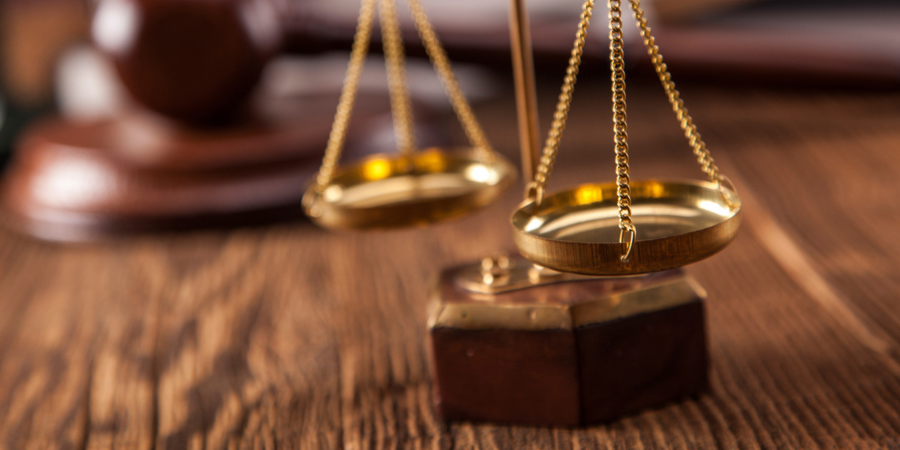While the alleged victim’s desire to drop charges may have an impact on a case, the decision to pursue or drop charges ultimately lies with the prosecuting attorney and the State, not the victim directly. In New Jersey, criminal cases are typically prosecuted by the State, not the individual victim.
If an alleged victim expresses a desire not to press charges, it may influence the prosecutor’s decision, but it doesn’t automatically result in the charges being dropped. The prosecutor will consider various factors, including the available evidence, the seriousness of the alleged offense, and public safety concerns.
It’s important to note that domestic violence cases in particular can be complex. In many jurisdictions, prosecutors may still proceed with charges even if the victim wishes to drop them, especially if there is evidence of a crime and concerns about the victim’s safety.
If the alleged victim expresses a desire not to press charges, your attorney may be able to negotiate with the prosecutor on your behalf. He or she can present any relevant information or evidence that supports the dismissal of charges. However, the final decision rests with the prosecutor, who will consider the broader implications of dropping charges, including public safety concerns and the severity of the alleged offense.
In some cases, the prosecutor may be willing to offer alternative resolutions, such as diversion programs, counseling, or probation, especially if it’s a first-time offense and the alleged victim is not in significant danger. Your attorney can play a crucial role in negotiating these potential outcomes.
It’s important to communicate openly with your attorney and provide him/her with all relevant information about the case, so this information can be used to build a strong defense or negotiate more favorable terms with the prosecutor.
Keep in mind that the legal process can be complex, and outcomes vary based on the specific circumstances of each case. If charges are not dropped and the case goes to trial, your attorney will work to present the strongest possible defense on your behalf.
Ultimately, consulting with an experienced criminal defense attorney is crucial to understanding your rights, navigating the legal system, and working toward the best possible resolution for your case. If you or someone you know is facing criminal charges, it is strongly recommended to consult with one of our attorneys who can provide guidance based on the specific details of the case and local laws. An attorney can help navigate the legal process and advocate for the best possible outcome.






